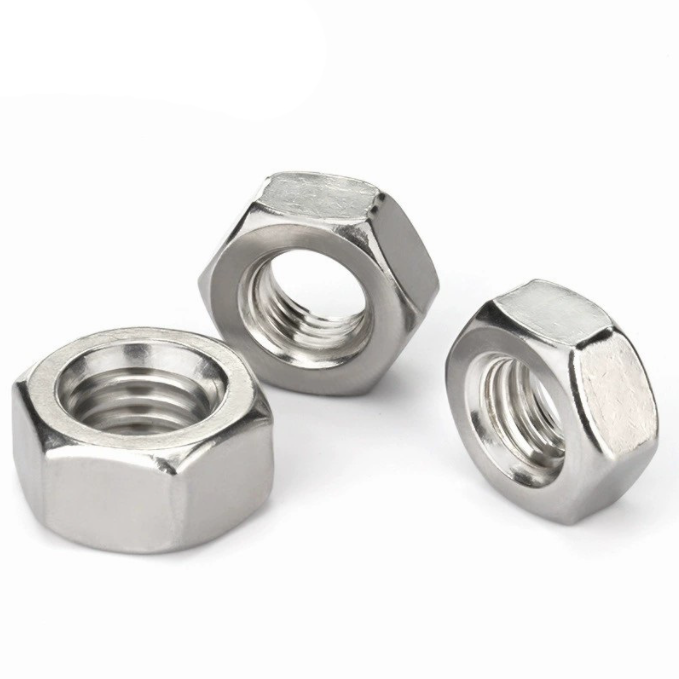

chemical fastener
أكتوبر . 13, 2024 19:51 Back to list
chemical fastener
The Importance of Chemical Fasteners in Modern Industries
Chemical fasteners are an innovative solution that merges the principles of chemistry and engineering to provide enhanced bonding and fastening capabilities. They have become increasingly vital in various industries, including automotive, aerospace, construction, and manufacturing. This article explores the significance of chemical fasteners, their applications, and the advantages they offer over traditional fastening methods.
What Are Chemical Fasteners?
Chemical fasteners typically consist of adhesives or bonding agents that use chemical reactions to create strong connections between surfaces. Unlike mechanical fasteners, such as screws and bolts, which rely on physical force to hold materials together, chemical fasteners create a molecular bond that can often provide superior strength, durability, and resistance to environmental factors.
Applications in Various Industries
1. Automotive Industry The automotive sector has embraced chemical fasteners for their ability to bond dissimilar materials, such as metals to plastics or composites. This is particularly important in modern vehicle design, where weight reduction is essential for fuel efficiency. Chemical bonding allows for seamless designs, reducing weight while enhancing structural integrity.
2. Aerospace Industry In aerospace applications, where every gram counts, chemical fasteners provide lightweight solutions that withstand extreme conditions. They are used to assemble aircraft components, ensuring they endure high-stress environments without compromising safety or performance.
3. Construction Chemical fasteners have revolutionized construction practices. They are extensively used in bonding materials like concrete, metal, and wood. This versatility facilitates quicker installations and improved durability of structures, often without the need for drilling or mechanical fasteners.
4. Manufacturing In manufacturing, chemical fasteners contribute to product design flexibility. They enable manufacturers to combine materials that mechanical fasteners might not effectively join, paving the way for advanced construction techniques and innovative product designs.
chemical fastener

Advantages of Chemical Fasteners
1. Strength and Durability One of the primary benefits of chemical fasteners is their exceptional bonding strength. The chemical reaction that occurs when the adhesive cures creates a bond that is often stronger than the materials being joined, leading to longer-lasting assemblies.
2. Resistance to Environmental Factors Chemical fasteners typically exhibit excellent resistance to moisture, heat, and chemicals, which can degrade traditional fasteners over time. This durability makes them ideal for applications in harsh environments.
3. Design Flexibility The ability to bond different materials opens a world of design possibilities. With chemical fasteners, engineers can create more innovative and efficient designs without being constrained by the limitations of mechanical fastening methods.
4. Reduced Labor Costs The application of chemical fasteners can simplify the assembly process, reducing labor time and costs. Their ability to bond without extensive surface preparation or complex fastening systems streamlines production processes.
5. Aesthetics Chemical fasteners provide a clean, seamless finish, which is often preferred in applications where the aesthetics of a product are important. This factor is particularly significant in consumer products and automotive design, where visible fasteners can detract from the overall appearance.
Conclusion
In conclusion, chemical fasteners represent a pivotal advancement in fastening technology, offering numerous benefits that enhance performance across various industries. Their application not only improves structural integrity and design flexibility but also contributes to cost savings and aesthetic appeal. As industries continue to evolve, the role of chemical fasteners will likely expand, further integrating chemistry and engineering to meet modern manufacturing challenges.
Latest news
-
Similarities and Differences Between Plain Washer and Spring Washer - Fastener Comparison Guide
NewsJun.10,2025
-
Effortless Installation Self-Drilling Window Screws - Fast, Secure, and Durable Fasteners
NewsJun.10,2025
-
Self Drilling Stucco Screws for Fast, Secure Installation Self Tapping & Self-Tapping Fasteners
NewsJun.10,2025
-
Premium Hot Dipped Galvanized Self Tapping Screws - Durable Corrosion Resistance
NewsJun.09,2025
-
Discover M12 Weld Stud Benefits & Applications Guide
NewsJun.09,2025
-
M25 Stainless Steel Washers High-Durability Fasteners for Corrosion Resistance
NewsJun.09,2025

